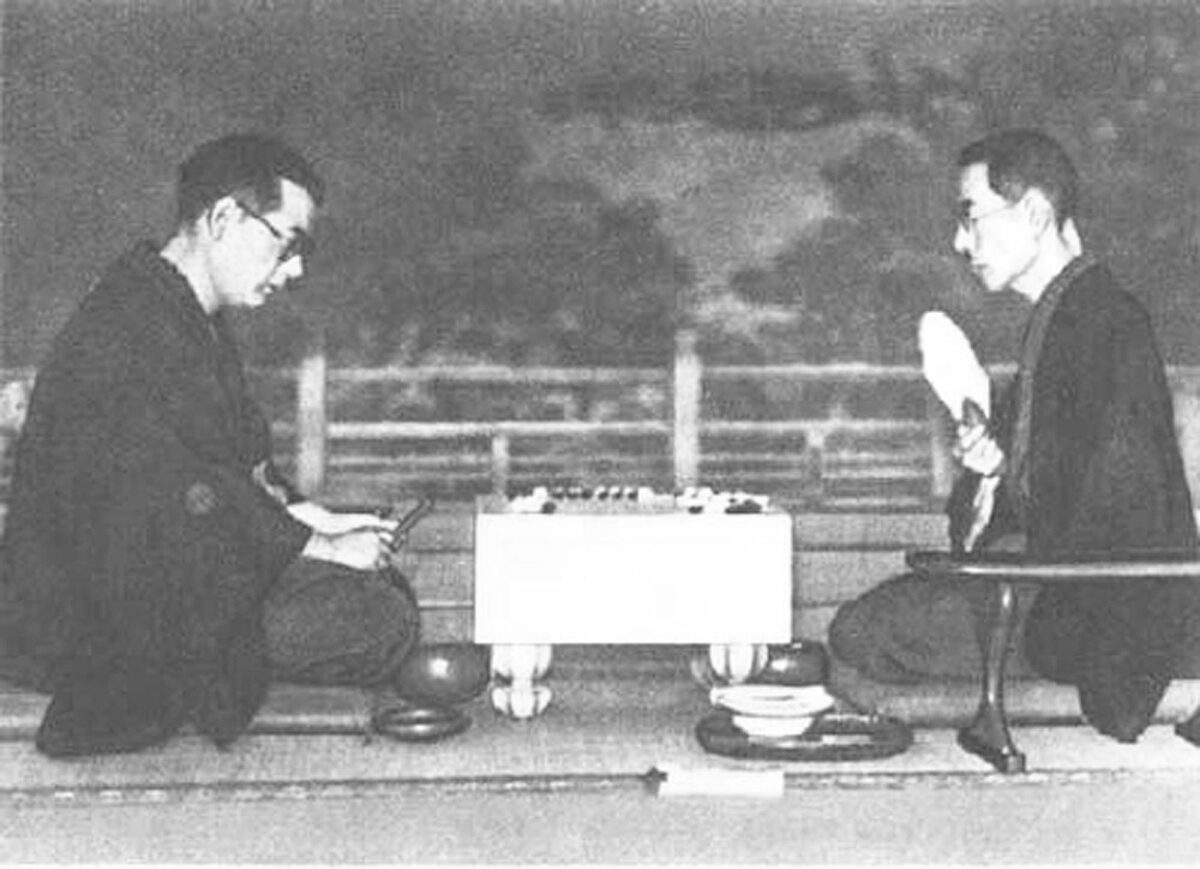Komi
Compensation score or handicap points
Komi is a system in Go where a fixed number of points is awarded to the white player to offset the advantage of Black’s first move. This rule ensures fairness in competitive play, particularly in evenly matched games.
History of Komi
Earlier Go matches often omitted komi, but as the game evolved, it became clear that Black’s first-move advantage could significantly influence outcomes.
The concept of komi was first explored in Japan during the early 20th century as part of efforts to create a more equitable game.

By the 1940s, formal tournaments began experimenting with different komi values, and its adoption spread internationally in the mid-20th century. Early komi values ranged from 4.5 to 5.5 points, reflecting a gradual understanding of balance. As competitive play evolved, komi became a standard feature of modern rulesets, fostering fairness and enhancing the strategic depth of the game.
Komi in Contemporary Go
In the modern world, the value of komi can vary depending on the ruleset, but it is typically set between 6.5 and 7.5 points in modern games. In Japanese rules, komi is most commonly set at 6.5 points, while in Chinese rules, it is typically 7.5 points. The half-point prevents ties, ensuring a decisive outcome.
In games where Black receives a handicap (e.g., additional stones), komi is often reduced to 0.5 or eliminated to reflect the changed dynamics.